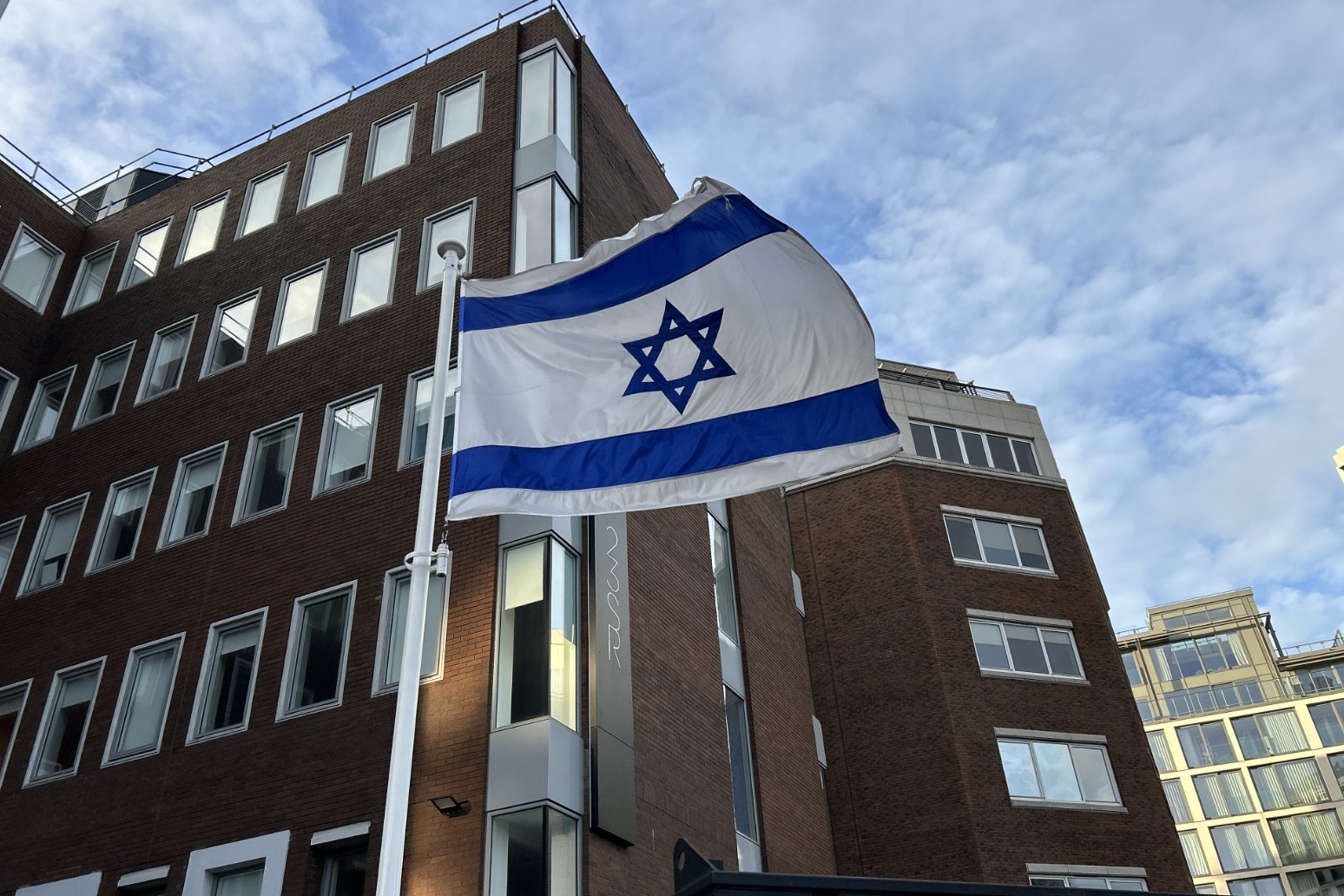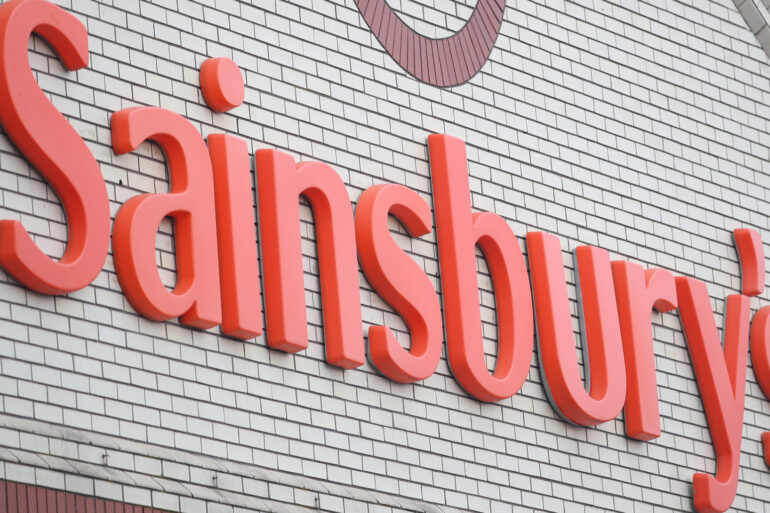-
 play_arrow
play_arrow
Chorley ONE Local Radio for Chorley
Netanyahu visited Ireland in bid to establish now closing embassy


Benjamin Netanyahu visited Dublin years before he became Israeli prime minister, in a bid to establish a diplomatic presence in the capital.
The Israeli embassy is now in the process of closing.
In February 1990, Mr Netanyahu was the deputy foreign minister in the Likud government and Ireland held the presidency of what was then the European Community (EC).
Files released by the National Archives in Dublin show that the Department of Foreign Affairs prepared a brief resume of his career, so that officials could familiarise themselves with a man who would become a defining figure in Israeli politics.
His meeting with Irish foreign affairs minister Gerry Collins took place in Dublin on February 21, 1990.
Mr Netanyahu suggested there was a “natural feeling of sympathy towards Israel among the Irish people”, but relations had not been helped by Irish soldiers who had been killed in Lebanon while serving with Unifil.
Many of these attacks had been blamed on Lebanese militias supported by Israel.
Mr Netanyahu told Mr Collins that 95% of the Israeli people were against Palestinian aspirations, and defended Israel’s refusal to withdraw from the territories it had occupied since 1967.
He was also questioned about settlements in the Occupied Territories and responded by saying only a fraction of a percentage of Jewish immigrants to Israel lived there.
He maintained they were not being incentivised or encouraged to live there.
Mr Collins cited a statement by the Israeli prime minister Yitzhak Shamir in the Knesset in the previous week, in which he said he would strengthen Jewish settlements through “Judaea, Samaria, Gaza and the Golan”.
Judaea and Samaria are names used by Israel to refer to the West Bank.
The report of the meeting said that when Mr Shamir’s statement was put to Mr Netanyahu, he “made no reply”.
At the time of the meeting, Ireland was one of the few states in Europe which did not have an Israeli embassy, and did not have an embassy in Israel either.
This was the subject of much correspondence between the Israeli embassy in London, which included Ireland, and the Department of Foreign Affairs.
Mr Netanyahu said Ireland was important to Israel, not just as a result of the EU presidency which it then held.
As Israel would soon have embassies in all the newly formed eastern European states, Mr Netanyahu said he did not want Ireland to “lag behind either in the intensity or intimacy of diplomatic contacts with Israel”.
The absence of an Israeli embassy in Dublin was a source of concern for Ireland’s small Jewish population at the time.
In 1992, Mr Collins met the Jewish Representative Council of Ireland.
Joe Briscoe, whose father Robert Briscoe had been involved with smuggling guns into Ireland during the War of Independence, told him that the Jewish community was being seen as a “proxy for an official Israel presence” in Ireland and it was being blamed for many of the actions of Israel.
An Israeli embassy in Ireland was opened in December 1993, and an Irish embassy in Israel was opened three years later.
However, Israel announced in late 2024 that it would close its embassy in Dublin, and the Israeli foreign minister accused Ireland of “antisemitic rhetoric” and of crossing “every red line in its relations with Israel”.
Ireland had earlier that year recognised Palestinian statehood, and announced an intention to intervene in South Africa’s case against Israel for genocide at the International Court of Justice.
Irish premier Simon Harris has rejected the claims and accused Israel of “distracting” from the deaths of children in the Gaza conflict.
Published: by Radio NewsHubClick here to read this story in full at Radio News Hub
Written by: admin
Similar posts
Copyright THe Mediasite - 2024









